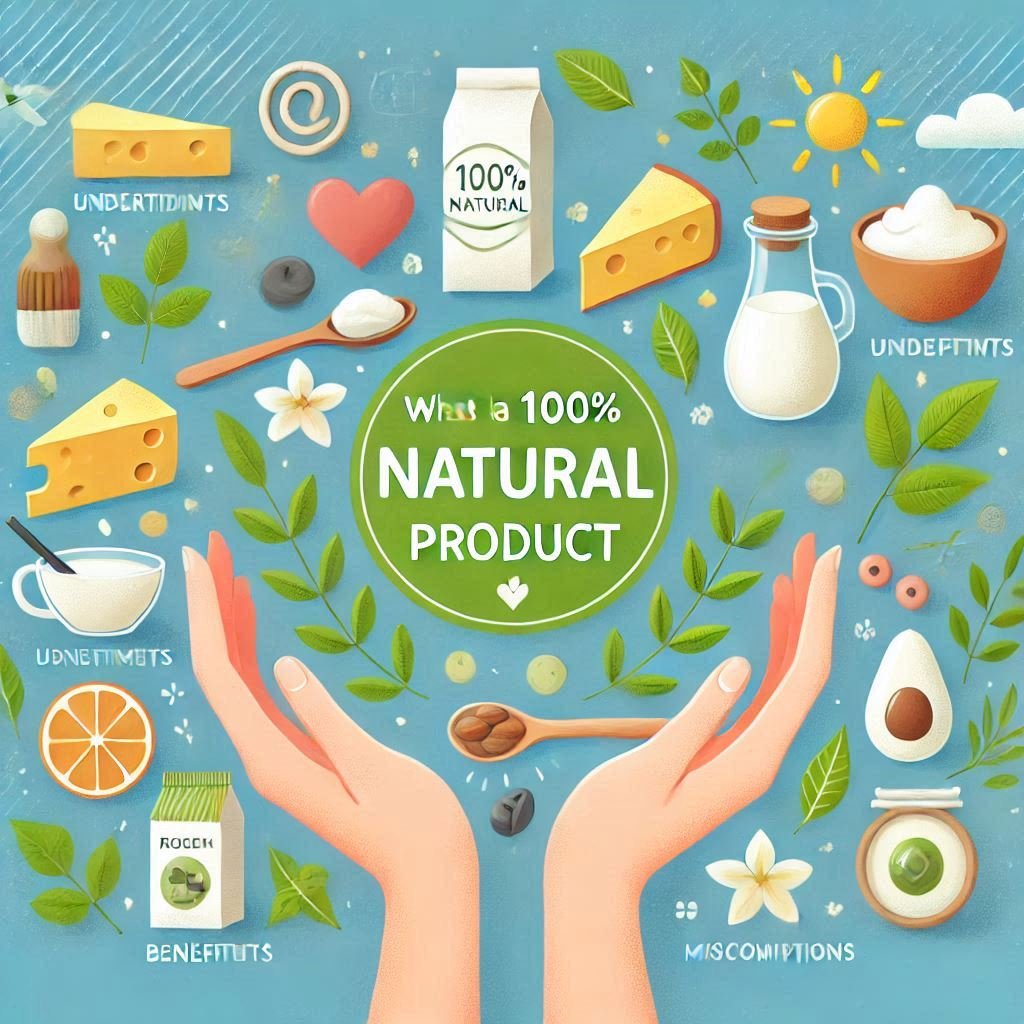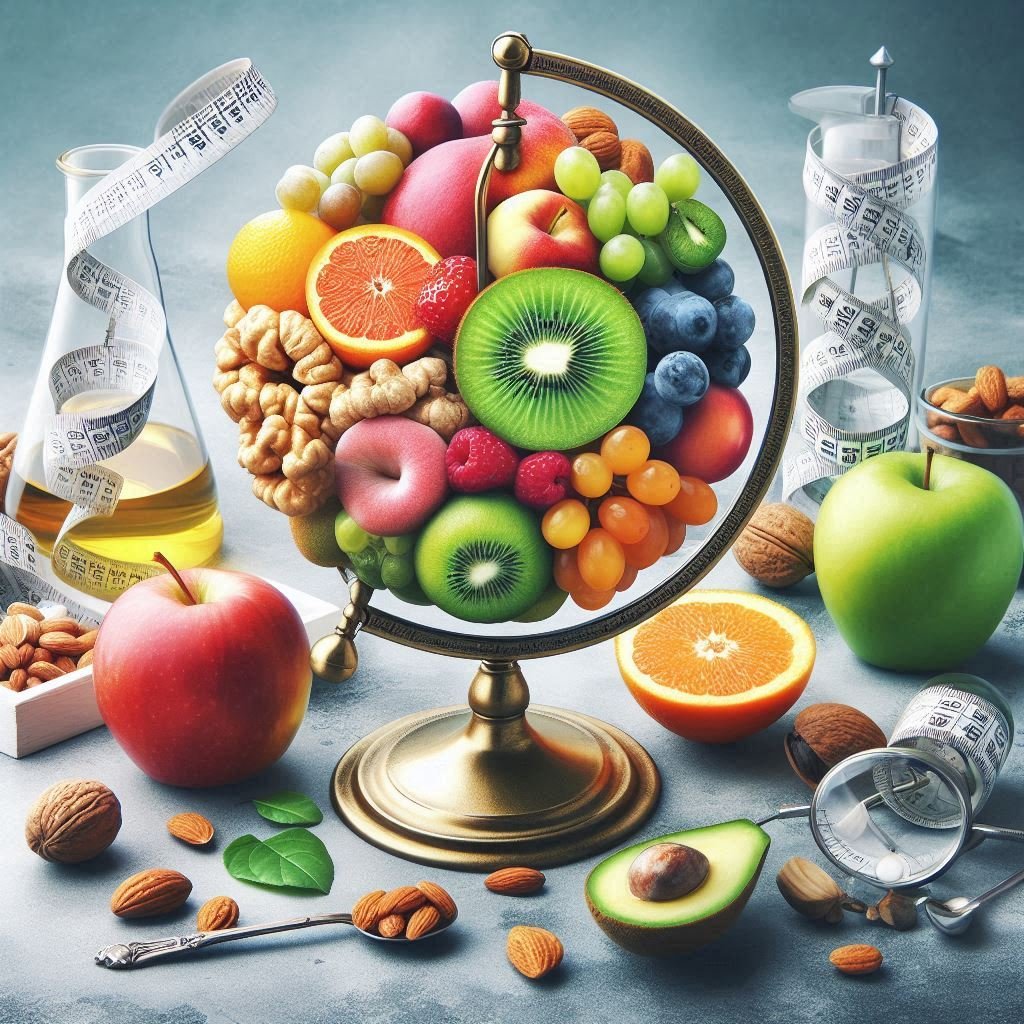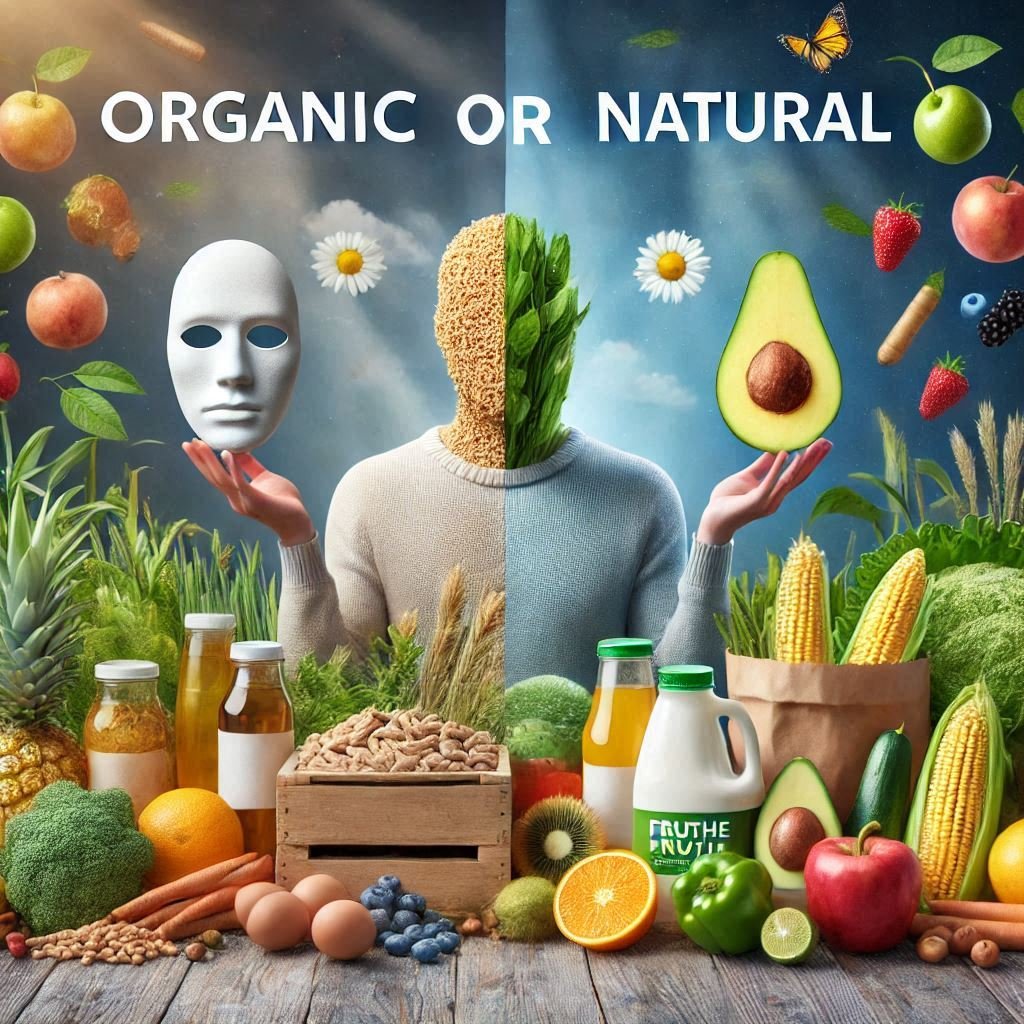
In a world increasingly concerned with health and sustainability, the term “100% natural product” often pops up on labels and marketing materials. But what does it really mean? As consumers, we want to make informed choices about what we put on our bodies and in our homes. Understanding the nuances of natural products can help us navigate this complex landscape.
I’ve found that many people assume all natural products are safe and effective, but that’s not always the case. The lack of strict regulations means the term can be misleading. In this article, I’ll explore what qualifies a product as 100% natural, the benefits of choosing such products, and how to identify them in a sea of options. Let’s dive into the world of natural products and uncover the truth behind the label.
Understanding Natural Products
Natural products consist of substances derived from natural sources without synthetic alterations. Their appeal lies in perceived purity and benefits for health and the environment.
Definition of Natural Products
Natural products refer to materials sourced from nature, including plants, minerals, and microorganisms. Unlike synthetic products, which undergo chemical modification, natural products maintain their original state. Regulatory definitions vary, but a product often qualifies as “natural” if it contains ingredients from renewable resources and avoids artificial additives. The term “100% natural” implies no synthetic compounds, though this can differ among brands and certifications.
Importance of Natural Ingredients
Natural ingredients offer several key advantages. First, they often possess beneficial properties, such as antioxidants and anti-inflammatory effects. Second, these ingredients tend to be more biodegradable, reducing environmental impact. Third, users frequently report fewer allergic reactions and irritations compared to synthetic alternatives. Lastly, natural ingredients can foster ethical practices, like sustainable harvesting and fair trade, which support local economies. These factors collectively encourage consumers to seek out products labeled as 100% natural for healthier choices.
Criteria for 100% Natural Products
A product qualifies as 100% natural based on specific criteria regarding sourcing and processing. Understanding these criteria enhances the ability to make informed choices.
Sourcing of Ingredients
Ingredients must come from natural sources, such as plants, minerals, or microorganisms. I prioritize products that utilize renewable resources and sustainably sourced materials. Ingredients like essential oils, herbal extracts, and clay exemplify acceptable sources. Additionally, ethical sourcing practices that ensure fair trade and responsible harvesting demonstrate a commitment to sustainability.
Processing Methods
Processing methods play a crucial role in classifying a product as 100% natural. I look for products that undergo minimal processing, retaining the integrity of the original ingredients. Techniques such as cold-pressing, steam distillation, and simple extraction are preferred. It’s important to avoid synthetic chemicals, artificial fragrances, and harsh solvents during production. Adherence to these processing standards confirms a product’s natural status and its potential health benefits.
Benefits of Using 100% Natural Products
100% natural products offer various advantages for health and the environment. These benefits make them appealing choices for conscious consumers.
Health Benefits
Natural products often contain fewer additives and preservatives, reducing the risk of allergic reactions and skin irritations compared to synthetic alternatives. Ingredients derived from plants and minerals provide essential nutrients and support overall wellness. For instance, aloe vera in skincare products promotes hydration and healing, while tea tree oil acts as an antibacterial agent. Many users report improved skin health, fewer adverse reactions, and a general sense of well-being when using products labeled as 100% natural.
Environmental Impact
Choosing 100% natural products contributes to sustainability and environmental protection. Natural ingredients typically biodegrade more efficiently than synthetic compounds, minimizing pollution and harm to ecosystems. Additionally, ethical sourcing practices associated with natural products often promote biodiversity and support local communities. Products that prioritize fair trade and sustainable harvesting help preserve natural resources and ecosystems, reducing the overall carbon footprint. Thus, using these products not only benefits personal health but also ensures a positive impact on the planet.
Common Misconceptions
Many misconceptions surround what constitutes a 100% natural product. Understanding these can help consumers make informed choices.
Labeling Confusions
Labeling confusions often stem from the lack of standardized regulations defining “natural.” Products labeled as “natural” may still contain some synthetic components or undergo processing that affects their purity. Certain brands use terms like “made with natural ingredients” or “contains natural extracts,” which can mislead consumers. It’s crucial to read ingredient lists carefully, as many products can feature a high percentage of natural ingredients while including harmful additives. I recommend looking for certifications that verify a product’s claims to avoid these confusions.
Differences Between Natural and Organic
Differences between natural and organic products can create uncertainty among consumers. While natural products primarily derive from nature without synthetic additives, organic products adhere to specific agricultural practices. Organic farming avoids synthetic pesticides, herbicides, and fertilizers, ensuring both the product and farming methods are sustainable. I emphasize that not all natural products are organic, but all organic products fall under the natural umbrella. Therefore, when searching for products that align with personal values, consider both certifications and definitions to ensure informed selections.
Conclusion
Choosing 100% natural products means prioritizing health and sustainability. It’s about making informed decisions that align with my values and well-being. By understanding what qualifies as truly natural and recognizing the importance of ethical sourcing, I can support practices that benefit both my health and the planet.
I’ve learned that not all products labeled as natural are created equal. Taking the time to read ingredient lists and seek out certifications can make a significant difference. Embracing natural products isn’t just a trend; it’s a commitment to a healthier lifestyle and a more sustainable future.


